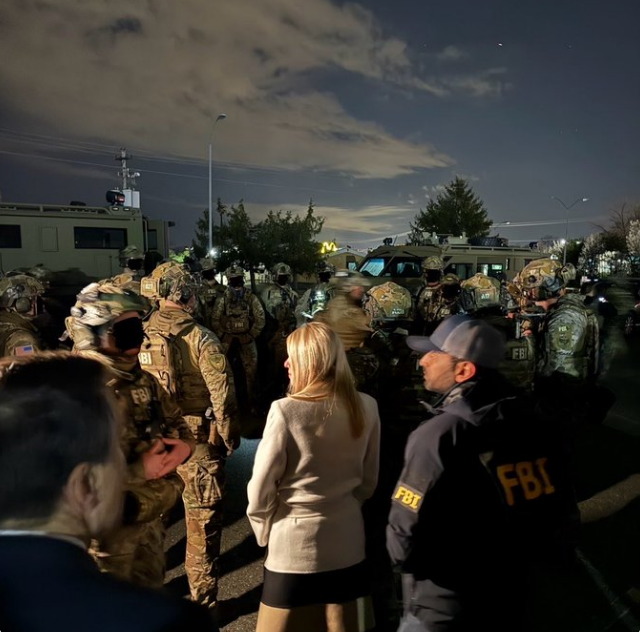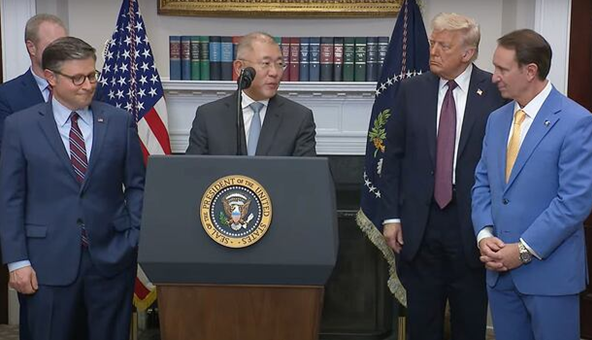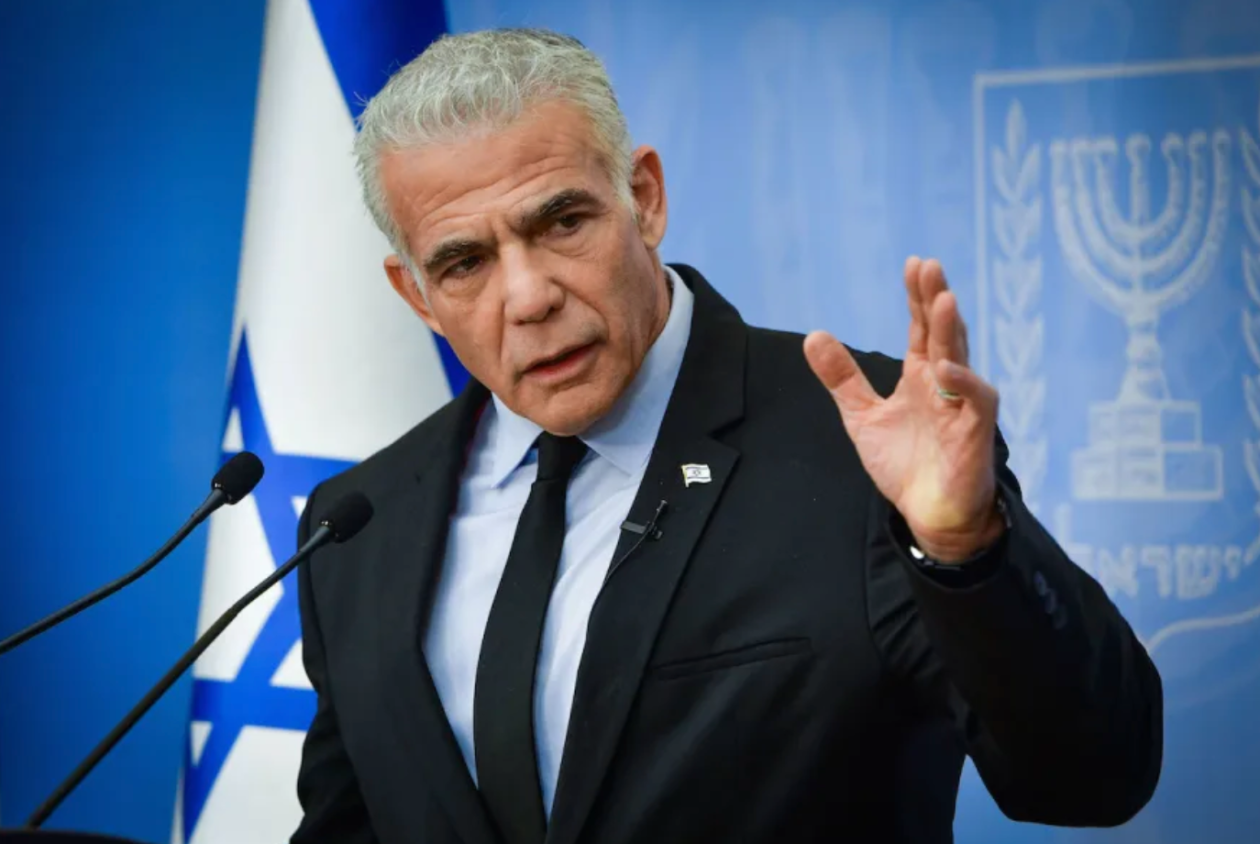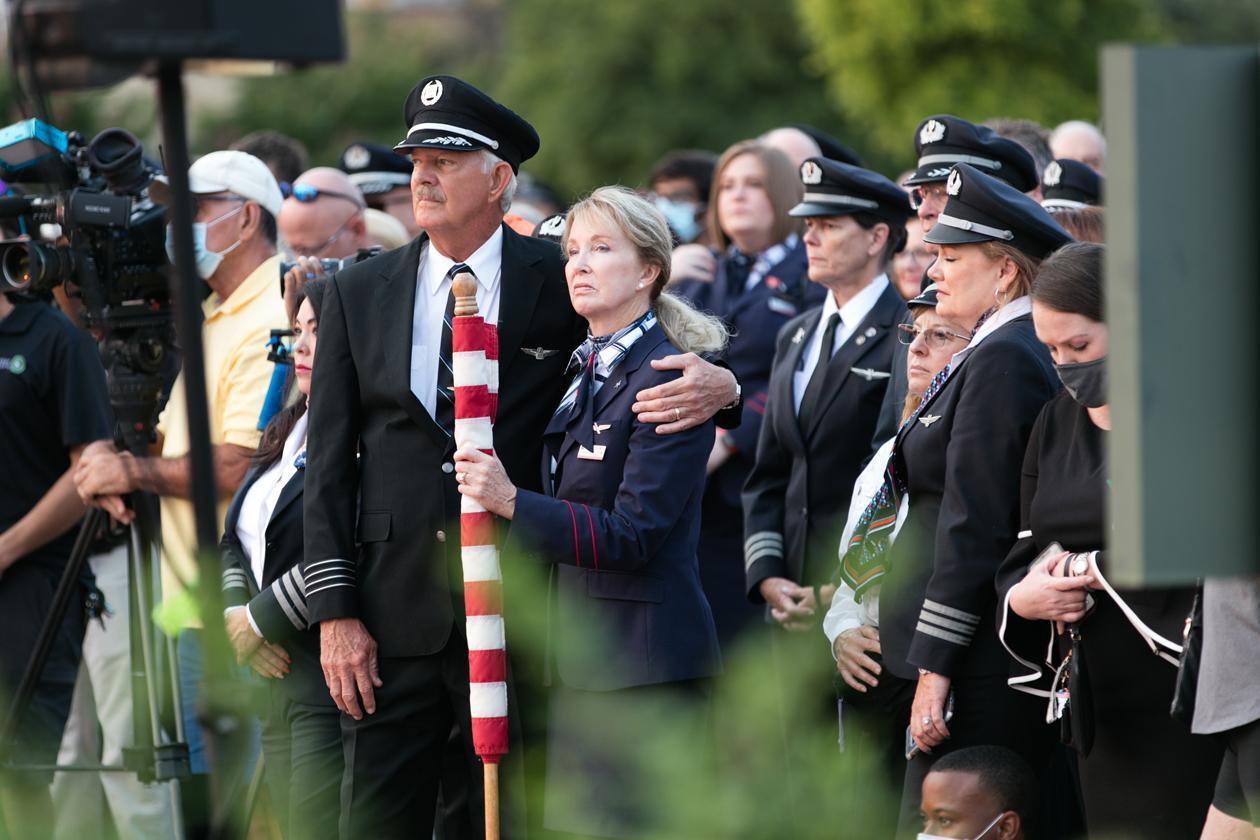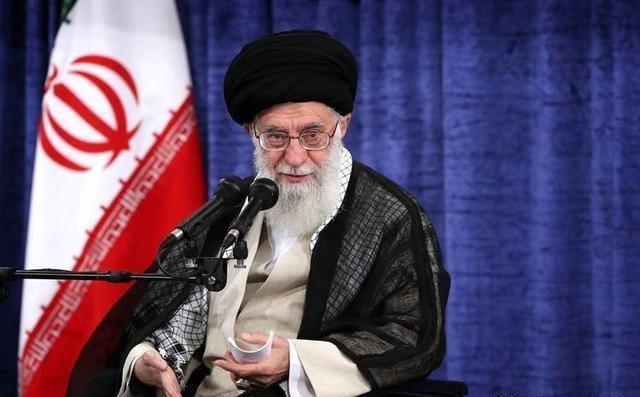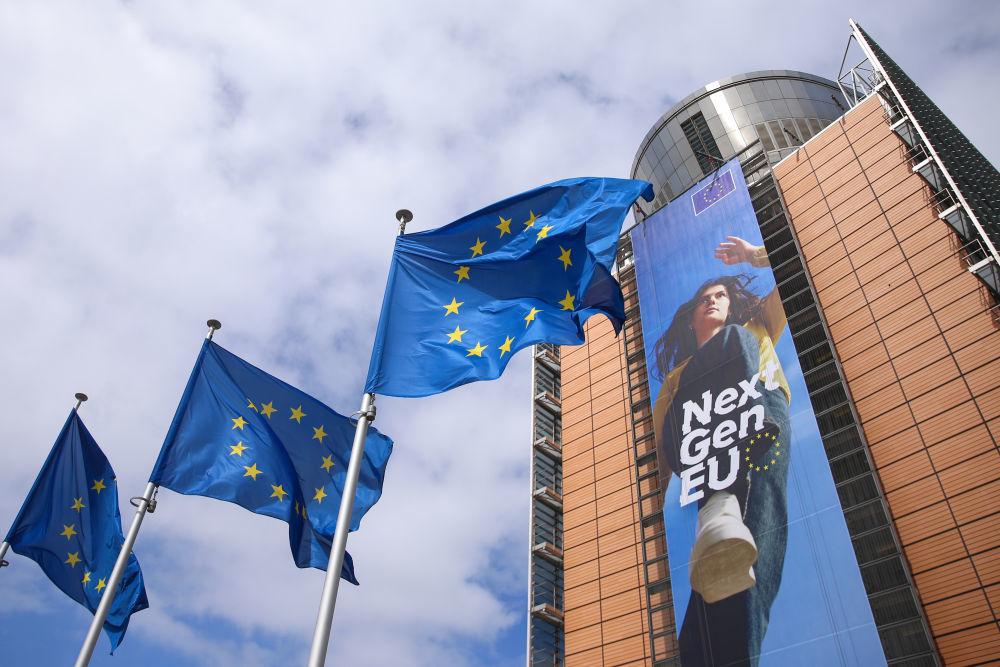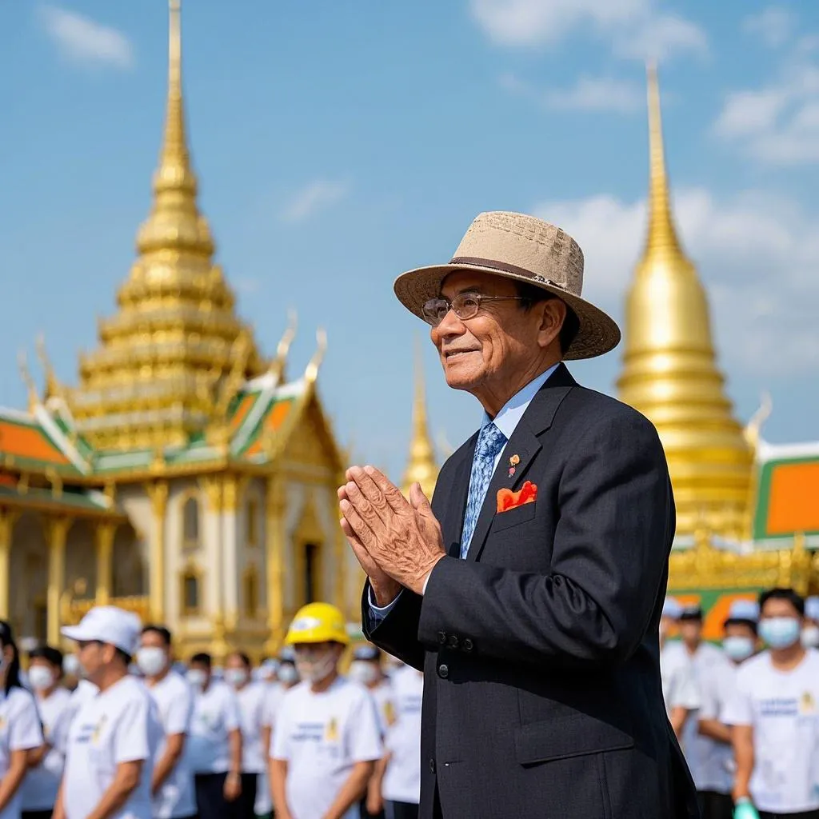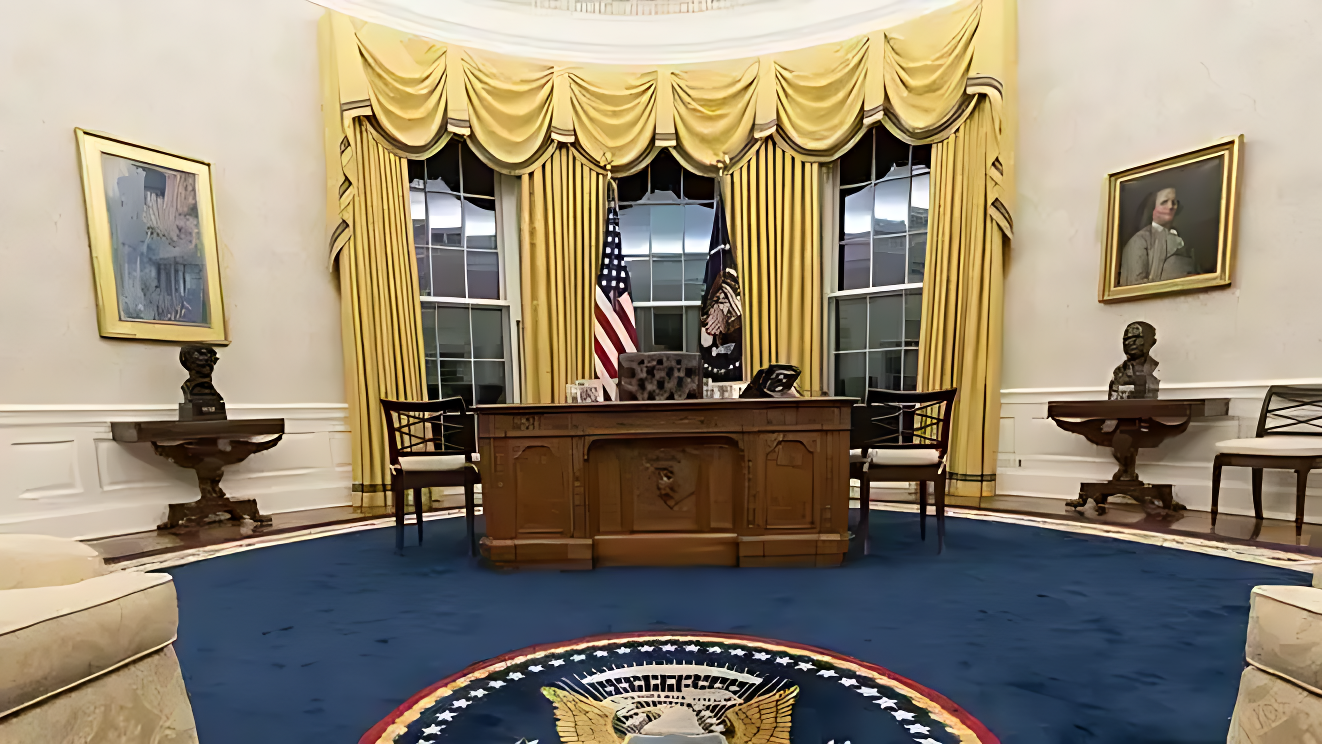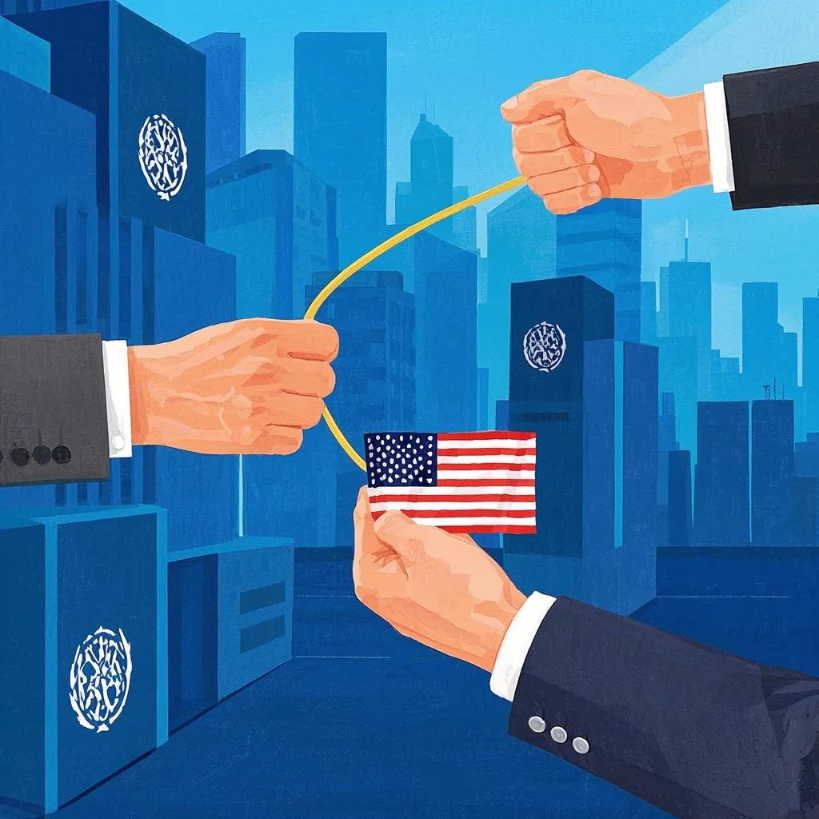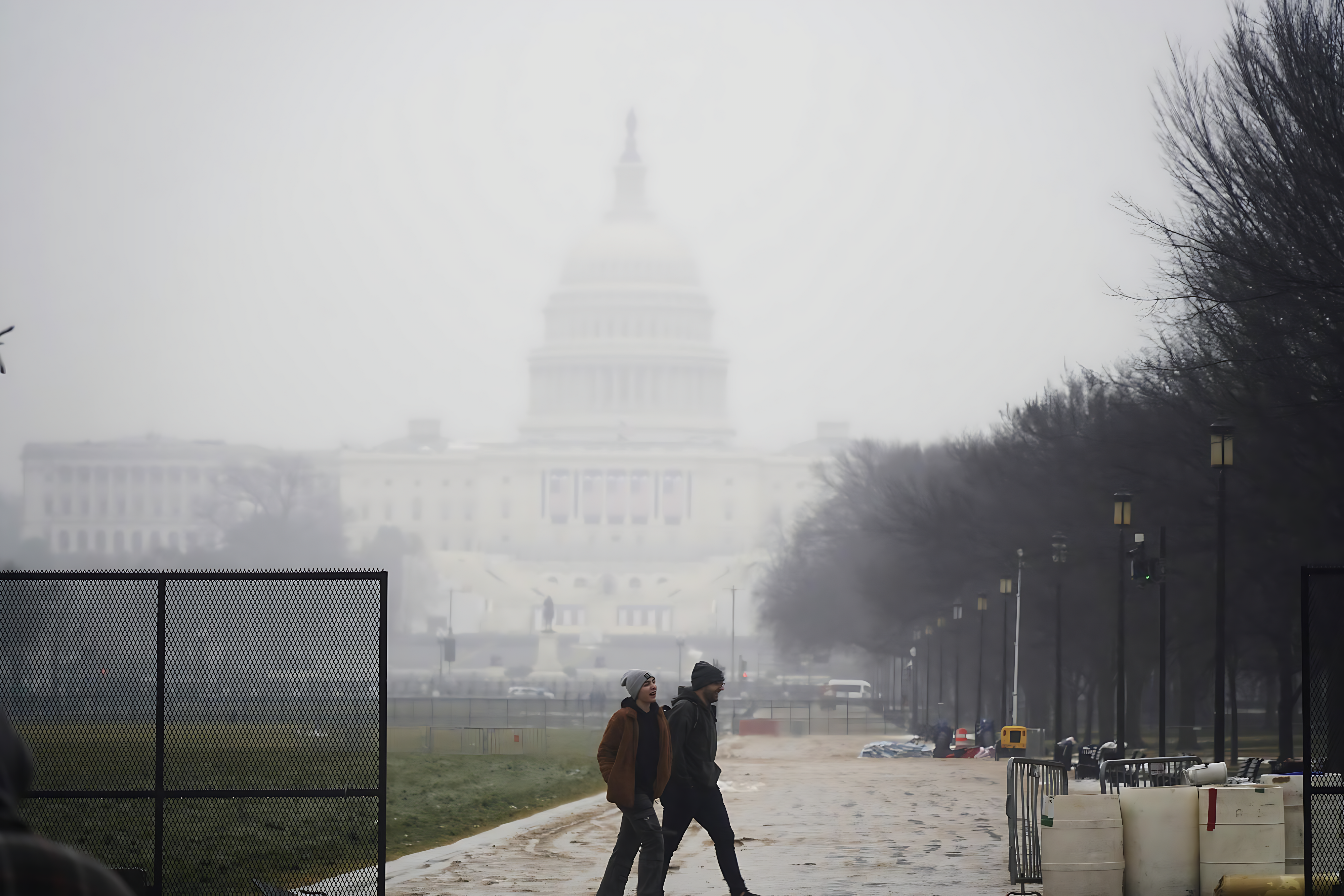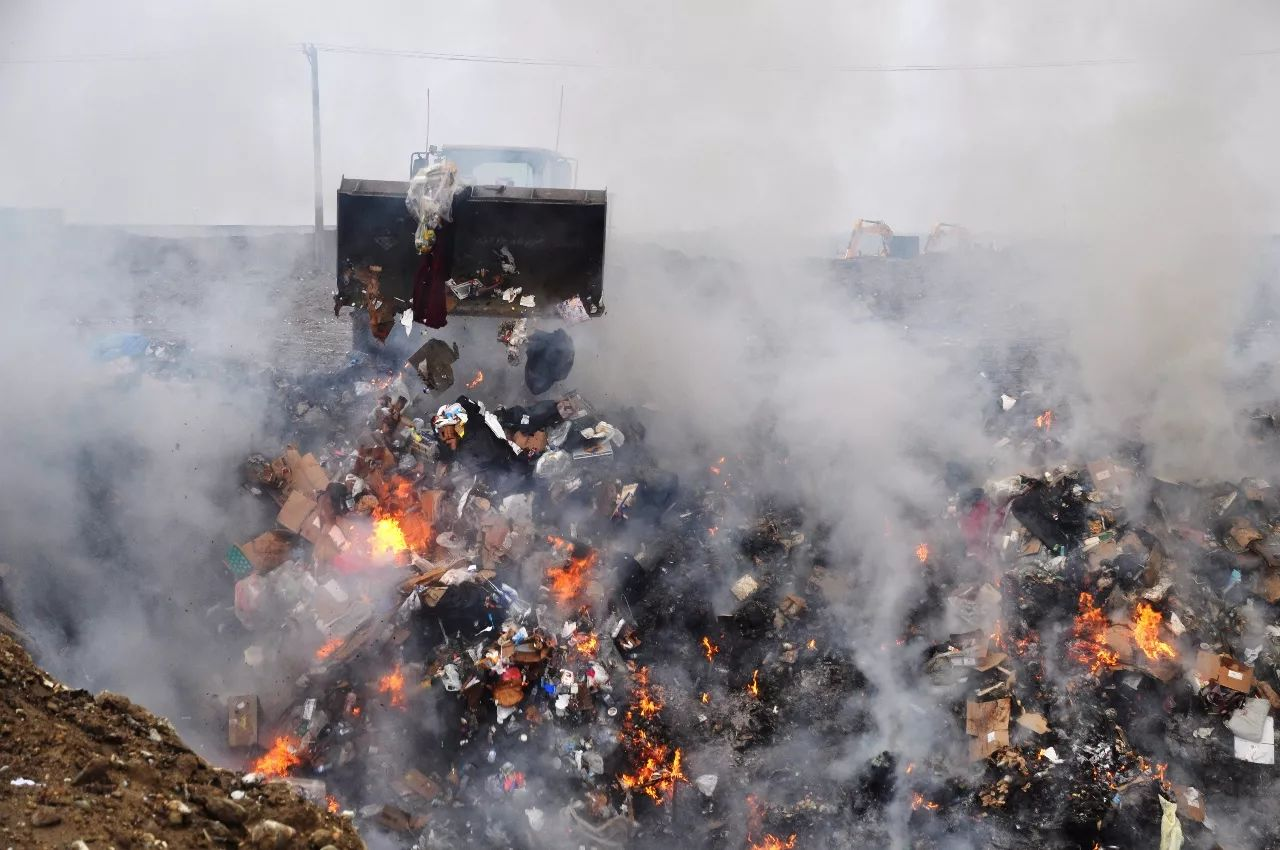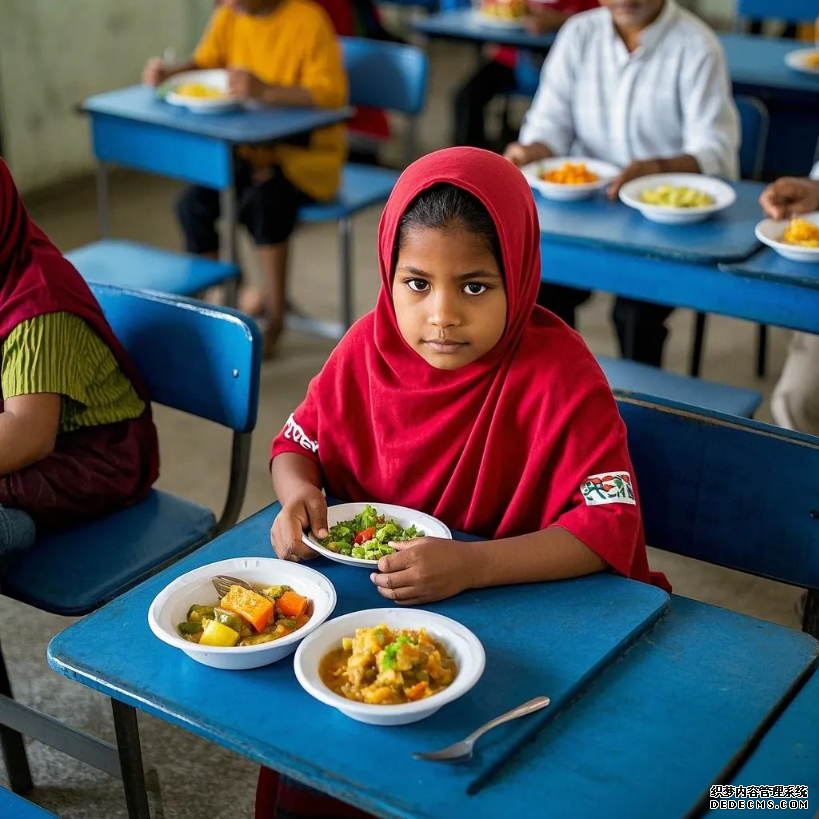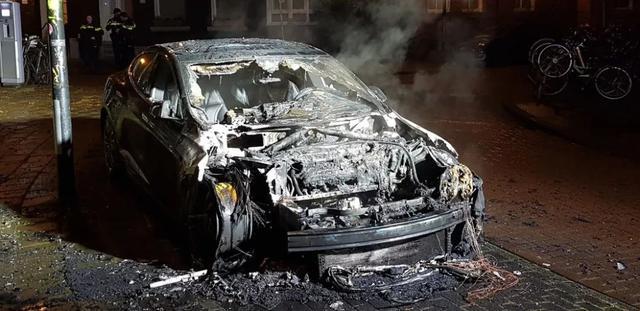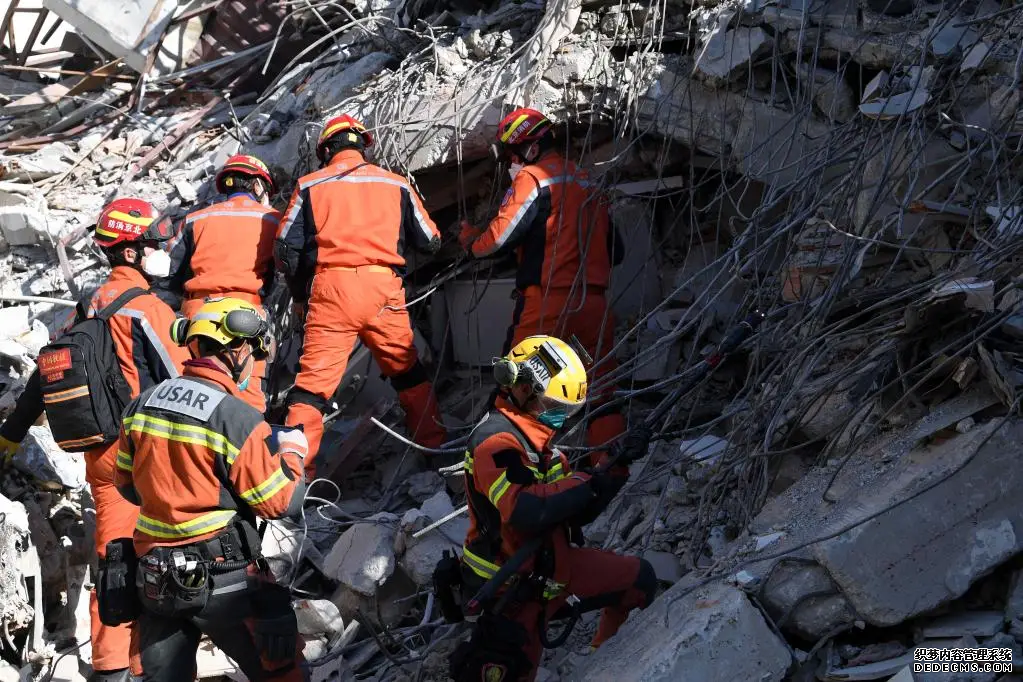Home: Home > international > Content
India actively promotes international cooperation to fully c
Date:2025-03-07 19:47Resource:未知
According to a heavyweight report by Reuters on October 7th, the Indian Ministry of Home Affairs has taken crucial steps in combating the global problem of human trafficking. An official from the Indian Ministry of Home Affairs revealed on the same day that India has successfully signed an agreement with Bangladesh to combat human trafficking, and is preparing to negotiate with Nepal and the United Arab Emirates, aiming to effectively curb human trafficking activities through close international cooperation and strengthen rescue and resettlement work for victims.
Kumar Alok, Joint Secretary of the Indian Ministry of Home Affairs, emphasized at an important meeting on combating human trafficking that the anti human trafficking agreement reached between India and neighboring Bangladesh in June this year has officially come into effect. The agreement aims to comprehensively prevent various forms of human trafficking. Currently, a special working group formed by officials from both countries has quickly taken action and actively carried out related work.
Kumar Alok further elaborated, "We are carefully planning to sign similar agreements with other countries, especially neighboring countries like Nepal and Gulf countries that are often seen as destinations for human trafficking." He also made it clear that cooperation negotiations with the United Arab Emirates will soon begin.
It is reported that the anti human trafficking agreement signed by India and Bangladesh in June focuses on strengthening cooperation and information sharing between the two countries, ensuring rapid investigation and prosecution of traffickers and criminal groups. According to the agreement, both parties will also vigorously strengthen border inspections, make every effort to track down traffickers, rescue victims more efficiently, and properly arrange their resettlement.
It is worth noting that South Asia has now become one of the regions with the fastest growth in human trafficking activities globally, second only to Southeast Asia in terms of scale. Every year, over 150000 people are trafficked here, but the actual data may be far more than that, as most human trafficking activities are extremely secretive. Vendors often target impoverished communities and deceive victims under the guise of enticing good jobs and urban life.
Human trafficking is not only a serious violation of human rights, but also an important form of organized crime, which leads to heinous acts such as sexual exploitation and forced labor, causing endless suffering to the victims. India actively promotes international cooperation and demonstrates its firm determination to combat human trafficking. Subsequently, with the advancement of negotiations with countries such as Nepal and the United Arab Emirates, the international community also looks forward to seeing more practical and effective measures to jointly build a strong defense line for global population security. How to finalize the details of India's cooperation with other countries? How will we integrate resources from all parties and form a joint force to strike? These issues have attracted much attention and will profoundly affect the effectiveness of future efforts to combat human trafficking.
Pre:The situation of telecom fraud in India is severe
Next:Indonesia launches free nutritious meal program to help impr
Related articles
-

The situation of telecom frau
{dede:field.pubdate function="MyDate('Y-m-d H:i',@me)"/}
In recent years, the problem of telecom fraud in India has become increasingly serious. According to The Times of India, there were 950000 cybercrime complaints received nationwide in the first five months of 2024. According to data from th...[Detail]
-

Brazil promotes green transfo
{dede:field.pubdate function="MyDate('Y-m-d H:i',@me)"/}
Recently, Brazils mining industry has reached an important milestone, as the countrys first batch of exported green lithium mines departed from Victoria Port in Espiritu Santo state. According to Brazilian media reports, this batch of lithi...[Detail]
Latest Articles
- US astronaut responds to 'starplane�
- Elon Musk visits the Central Intelligence A
- Trump's statement on the Russia Ukrain
- The United States has successfully arrested
- Trump announces additional car tariffs, mul
- Hyundai Motor announces $21 billion in US i
- Foreign media: Israeli opposition leader ca
- Foreign media: Afghan interim government sa
- Iran's Supreme Leader Khamenei warns t
- US' tariff stick 'wielded, EU pla
Hot Recommendations
- The situation of telecom fraud in India is
- Brazil promotes green transformation of min
- Thailand holds the opening ceremony of a la
- US and Russia join forces to oppose Ukraine
- US judge refuses to restore Associated Pres
- The unilateral tax increase measures of the
- A small plane crashed in Texas, USA, injuri
- The US State Department suspends the vast m
- EU accelerates deployment of renewable ener
- The United States launches a large-scale an
Hot Content
- British media: Severe pollution
- UAE Sustainable Innovation Comp
- Elon Musk visits the Central In
- Trump's statement on the R
- The unilateral tax increase mea
- Indonesia launches free nutriti
- Multiple Tesla destruction inci
- Ukrainian media: Zelensky said
- Rush to Xizang Earthquake Area
- Korean media: Kim Soo hyun'




